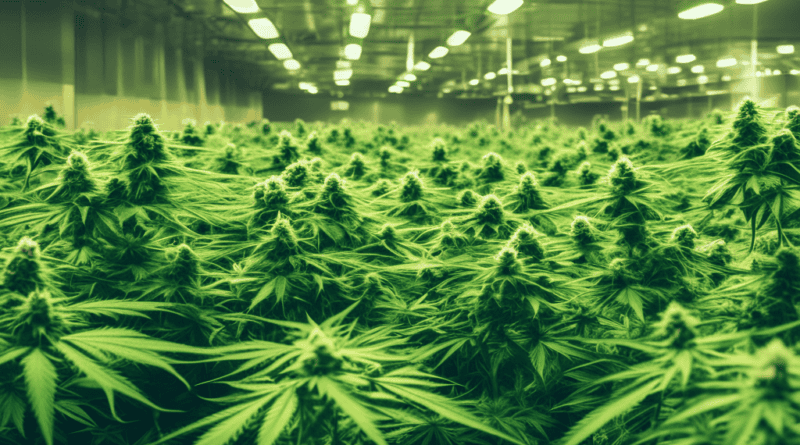Navigating New Regulatory Hurdles and Legal Battles in the Cannabis and Hemp Industries
Legal and Regulatory Challenges in the Cannabis and Hemp Industries
California’s New Stringent Regulations
As of September 26, 2024, the cannabis and hemp industries face a myriad of legal and regulatory challenges, particularly in California. The state has recently implemented new regulations that increase the complexity for industry stakeholders. One of the most significant changes is the implementation of stricter THC limits. The new regulations ban consumable hemp-based goods with any detectable amount of total THC, which is more stringent than the federal limit of 0.3% delta-9 THC.
This has caused considerable concern among industry players. Prominent trade groups and several hemp companies have filed a lawsuit against these regulations, labeling them overly restrictive. They argue that such stringent measures could outlaw many popular CBD products, thereby limiting consumer access to beneficial hemp-derived products. This legal battle highlights the ongoing tension between regulatory bodies and industry stakeholders striving for more balanced regulations.
National Trends and Employment Protections
The regulatory tightening is not isolated to California. States like Georgia and Missouri are also introducing new rules aimed at managing their hemp industries. This trend underscores a broader national movement towards more controlled regulation of the hemp and cannabis sectors. These state-level regulatory changes are posing additional challenges for businesses trying to navigate the complex and evolving legal landscape.
In addition to regulatory tightening, California has made significant strides in employment protections related to cannabis use. Starting January 1, 2024, Assembly Bill 2188 protects workers from discrimination based on their off-job cannabis use. This protection, however, does not apply to certain industries like construction and those requiring federal background checks. Employers can no longer terminate or penalize employees for non-psychoactive cannabis metabolites found in their system, although they can still test for active THC and impairment at work.
Despite these protections, several industries remain exempt. Federal employees, individuals in building and construction trades, and positions requiring federal background checks are not covered by these new employment protections. This leaves room for continued debate and potential legal challenges in how these exemptions are applied and enforced.
Ongoing Litigation and Licensing Challenges
Litigation against state cannabis programs is on the rise. This increasing legal activity affects public access to cannabis, particularly for qualified patients in states such as Florida, Missouri, and Alabama. Delays in the licensing processes, coupled with legal challenges, create further barriers for businesses and consumers alike. These states are grappling with how to streamline their licensing processes while maintaining adequate regulatory oversight.
The complexities of these licensing delays and legal challenges underscore the pressing need for clearer federal and state regulations. A more defined legal framework could help mitigate the current regulatory confusion and support the sustainable growth of the hemp and cannabis industries. As the landscape continues to evolve, stakeholders must advocate for balanced and comprehensive policies that address both industry needs and regulatory requirements.

